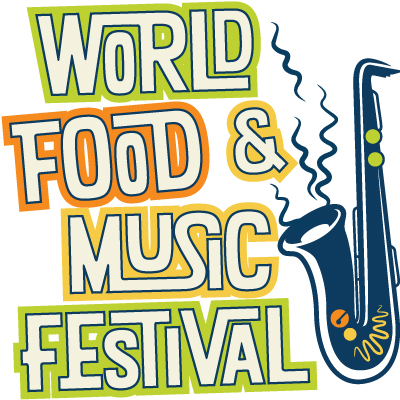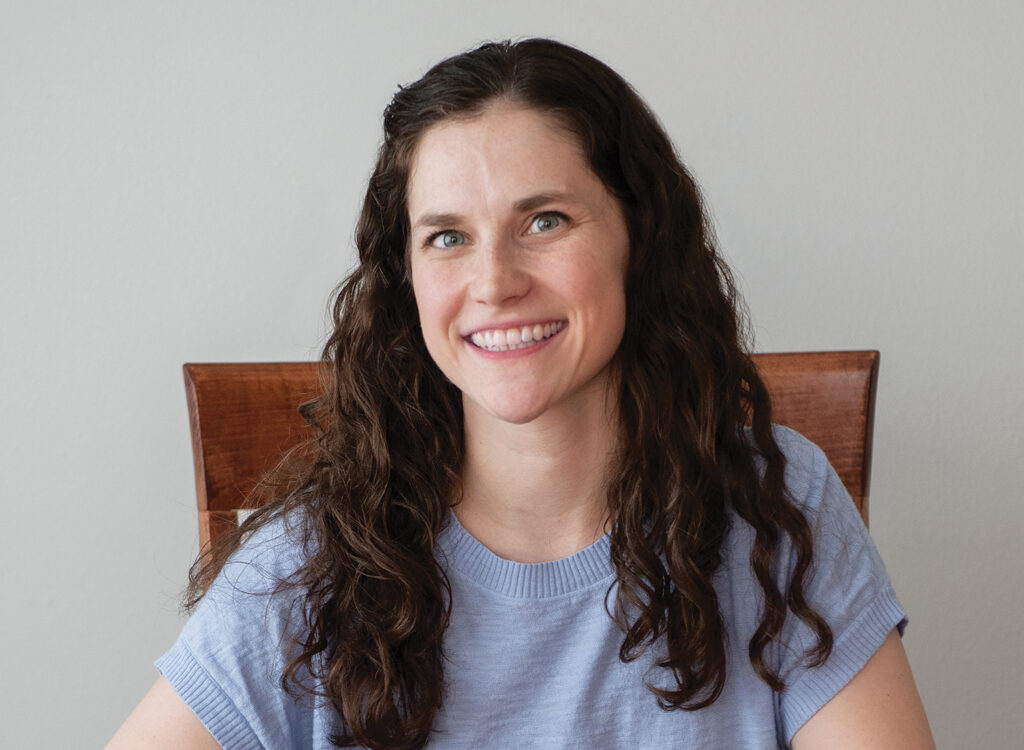Iowa’s film festivals
If you stage them, filmmakers will come

ANNE CAROTHERS Sep 23, 2016 | 11:00 am
8 min read time
1,817 wordsArts and Culture, Business Record Insider, Lift IOWAIt’s been seven years since Iowa shut down its state film tax credit program and stopped doling out lucrative financial incentives to lure filmmakers to make their movies here.
A lot has changed in the film industry in those seven years. Iowa is no longer competing on the government-incentives playing field with states like Georgia, which in 2015 was the third-largest film-producing state, thanks to generous tax credits. Today, Iowa is adapting to and trying to capitalize on a changing film and media industry.
One of those changes has been the growth of local film festivals. There now are at least 14 annual film festivals in towns and cities from the Missouri to the Mississippi. Not only are those festivals drawing independent filmmakers from around the country and the world, say Iowa film experts, they are bringing economic, cultural and community benefits.
“For a while things were steadily building in the state of Iowa because of our incredible state film initatives,” said Kim Busbee, a Des Moines filmmaker, casting director, actress and acting coach who co-founded the Wild Rose Independent Film Festival, one of the first in the state, in 2002.
“Then when it fell apart … people have had to come up with other ways in Iowa for funding and getting their films made,” she said. And Iowa had to look for other ways to attract economic development and revenue from the film industry.
Liz Gilman, who was hired three years ago as the executive producer of Produce Iowa, a one-woman department that took the place of the Iowa Film Office, said the approach is broader and no longer just targeting feature films. Iowa is attracting reality television shows and companies that want to shoot television commercials here.
Exponential growth of media on the internet has changed the landscape as well, she said.
For example, she said, at this year’s Sundance Film Festival, the buzz was all about Netflix and Amazon outbidding Hollywood studios on top films for streaming rights.
“I think you’re seeing more film festivals because the distributors and the whole business model has changed,” said Gilman. “It’s more grass-roots, and the success of a film lies more with the filmmaker being their own spokesperson and marketer.”
And where do they market their films? Largely at film festivals, she said.
The new business model
That means film festivals, even in cities as small as Sioux Center or Fairfield, not only can get filmmakers to submit their films for viewing and competition, they often attract the filmmakers themselves. Festivals also can attract film distributors.
Gilman explains why:
“You used to have a distributor who was the gatekeeper, and they would take a cut and determine what was good enough to pass along and pitch to the studios and theaters for distribution. But studios aren’t doing as much internally now, and they’re relying on the independent producers to do most of the work and then buying it once it comes along.
“Film festivals, they’re great for viewing films and making impacts in communities, but they’re also serving as the gateway to the distributors and the studios to purchase,” she said.
“Filmmakers want the feedback from audiences on their films, but they also are there to market their films, get attention, get picked up by a distributor,” said Gilman. “People are selling their films at festivals.”
Filmmakers are looking for festival competitions they can do well in, which gives them the credibility and acclaim for their films, necessary to get distributors’ attention. They also use them to personally network with distributors and other filmmakers.
For example, as bizarre as it may seem, a French filmmaking pair not only chose to premiere their film “A Day of Lucidity” at Sioux City’s Siouxland Film Festival last year, they also traveled to Iowa to promote it.
From Paris to Iowa. In February.
And according to Gilman, the French sisters not only were personally taken with Iowa, they connected with an American filmmaking couple, and the two sets of filmmakers now are planning to collaborate on a film.
Festival benefits
One of Gilman’s goals this year is to measure the economic impact of Iowa’s film festivals. There aren’t a lot of solid numbers on them so far.
However, last year the Julien Dubuque International Film Festival asked Loras College students to figure the economic impact of the city’s four-day festival in April.
The festival attracted 4,000 attendees and 125 filmmakers from 11 states and five countries for an estimated $260,930 economic impact, according to the students’ report.
“That’s huge for a small town,” Gilman said. Dubuque’s festival, which this year was named one of the “Top 50 Film Festivals Worth the Entry Fee” by MovieMaker Magazine, differs from most Iowa film festivals in that it has a paid executive director.
“That town really got behind (the festival),” said Gilman. “They got huge support from the community. They had a family willing to give them six figures to start, so they actually have a full-time director. The newspaper supports it, and the car dealership gives them cars.”
The festival also gives out $40,000 in prize money to filmmakers.
That’s unusual, she said. More common are festivals that are organized by the community and are run by volunteers with local businesses offering varying levels of sponsorship — from theaters and businesses offering space to screen films, to businesses and halls offering places for workshops and discussions, to entities helping as financial sponsors upfront.
Typically, filmmakers pay a fee to enter their films, there are costs to attend, and attendees spend money in restaurants, bars and hotels.
Stephen King, director of the Des Moines Arts Festival, which has Interrobang Film Festival as the media component of festival art, notes that another benefit of film festivals is that they do not carry the same kinds of costs and efforts to stage as other festivals, which may need to close streets, pay for police presence, and arrange for food vendors and trash control.
For the Arts Festival, films are screened and filmmaker discussions held at the downtown public library, he said.
Because most festivals are run by volunteers, Gilman organized a summit of the state’s 14 film festival directors as a way to get them together to share best practices, so they have been learning from each other. Because they have different themes and are scheduled at different times of the year, they aren’t often in competition with each other.
And their peers’ success tends to raise all boats.
Busbee said that beyond the economic benefits to communities, the festivals not only entertain and enrich a community, they are supporting and broadening the local creative class, which improves a city’s ability to attract residents.
The Wild Rose Independent Film Festival recorded one economic impact this year: It accounted for 150 hotel room nights. And that doesn’t even count money spent by local people who came to the festival at the Fleur Cinema, she said.
“There’s always been interest in film, and now there’s all this exposure through the internet and social media,” she said. “And people don’t want to left out. Here in Iowa we don’t want to be left out and just be a flyover state.”
Iowa now has 14 annual film festivals of varying sizes and topics. You can attend a film festival any month of the year except December and January. Here is a list Produce Iowa put together for the state’s Travel Iowa web page.
Burlington
Snake Alley Festival of Film: Dedicated to showcasing the best short films from around the world, this festival screens at the beautifully restored Capitol Theater, which seats more than 400 people, in downtown Burlington. June.
Cedar Rapids
Cedar Rapids Independent Film Festival: Showcases films with a Midwestern influence. Submissions must have some Iowa connection. April.
Decorah
Oneota Film Festival: A free film festival designed to encourage visitors to see a broad variety of documentary films — by both professionals and students — and to stay for discussions with filmmakers after showings. March.
Des Moines
Wild Rose Independent Film Festival: Iowa’s oldest consecutive-year international film festival brings films from around the world to the indie-friendly Fleur Cinema. The festival offers workshops, special guest speakers, filmmaker panels and an awards ceremony. May.
Interrobang Film Festival: Presented as part of the annual and nationally acclaimed Des Moines Arts Festival downtown, Interrobang is part juried competition, part public screening and part workshop. It’s held in the downtown library. June.
The 48-Hour Film Project: With the mission of advancing filmmaking and promoting filmmakers, this festival/competition gives filmmakers 48 hours to make a movie. July.
Dubuque
Julien Dubuque International Film Festival: Voted this year as one of the Top 50 Film Festivals Worth the Entry Fee by MovieMaker Magazine, the festival features documentaries, features and shorts, as well as panel discussions, special evening events and its marquee event, a showing of a silent film at a theater with a live orchestra playing accompanying music. Many consider it the Iowa festival more likely to attract film distributors. April.
Fairfield
Creative Edge Film Fest: Offering a new paradigm for filmmakers, actors, directors and producers to showcase their work. September.
Iowa City
Landlocked Film Festival: Held in historic downtown, the festival screens diverse films, from experimental films to documentaries, comedies and animation. August.
Mason City
Iowa Independent Film Festival: Founded by actress Tanna Frederick in 2007, the festival is held in the Historic Park Inn, a Frank Lloyd Wright-designed building, and brings in prominent actors, directors and producers. This month’s festival featured husband and wife actors Richard Benjamin and Paula Prentiss. September.
Muscatine
Muscatine Independent Film Festival: A showcase for local and regional short-film makers designed to provide an engaging evening of entertainment. November.
Ottumwa
Halloweenapalooza: Iowa’s only festival dedicated to horror films. Coming up on Saturday, Oct. 1, the sixth annual festival will be screening horror film shorts and full-length films in two rooms at the historic (and according to festival promoters, haunted) Hotel Ottumwa. There’s a full day of activities with the festival, including vendors, celebrity appearances, costume contests, live bands, a zombie walk and a ghost tour. Awards for the films include People’s Choice and “Best Kill.” In the evening, filmmakers Kelly and Tammy Rundle of Fourth Wall Films talk about their award-winning documentary “Villisca: Living with a Mystery,” which explores the 1912 ax murders there. Tickets start at $10. Information can be found at halloweenapalooza.wixsite.com. October.
Sioux Center
Prairie Grass Film Challenge: Hosted by Dordt College, this 48-hour film challenge is in its 10th year and includes film workshops and an awards ceremony. February.
Sioux City
Siouxland Film Festival: Western Iowa’s premiere event is presented at the historic Orpheum Theater in downtown Sioux City. The festival has rapidly grown from one day to plans for five days next year, said Liz Gilman of Produce Iowa. It features dozens of local, national and international films each year. February.











